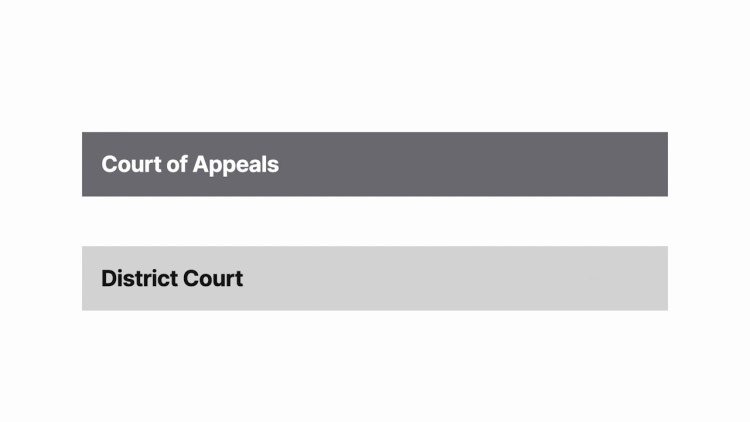State v. Weaver
Iowa Supreme Court
554 N.W.2d 240 (1996)

- Written by Christine Raino, JD
Facts
On January 22, 1993, Mary Weaver (defendant) who had been hired to provide child care for eleven month old Melissa Mathes, picked up Melissa at her home at 10:20 a.m. At 11:14 a.m., Weaver called 911 and reported that Melissa was not breathing. Melissa died of respiratory arrest and an autopsy showed old and new injuries “consistent with shaken baby syndrome.” Weaver was charged with murder and other offenses in connection with Melissa’s death. Three doctors indicated that some of Melissa’s skull and brain injuries were several days to a couple weeks old, while other injuries were acute and occurred shortly before Melissa arrived at the hospital. Weaver’s first trial resulted in a hung jury. At Weaver’s second trial, she waived her right to a jury trial and Judge Peterson found Weaver guilty of first-degree murder. Weaver moved for a new trial on the basis of two affidavits by witnesses who claimed that Tessia Mathes, Melissa’s mother, told them Melissa had hit her head on the coffee table on the morning of the 22nd. Judge Peterson denied the motion, finding that the affidavits were inadmissible hearsay. After the Iowa Court of Appeals affirmed, the Iowa Supreme Court remanded for the district court to consider a second motion for a new trial based on three more affidavits by people stating that Tessia Mathes told them that Melissa had hit her head on the coffee table while she was putting her snowsuit on. According to one affiant, Tessia said Melissa had been knocked unconscious. Although the affiants could not pinpoint the date on which the incident allegedly occurred, the district court granted the motion for a new trial, finding that the three new affidavits were admissible hearsay evidence under Iowa Rule of Evidence (IRE) 803(24). The Iowa Court of Appeals affirmed and the State appealed to the Iowa Supreme Court, challenging Judge Goode’s determinations that the affidavits were sufficiently trustworthy and that the affidavits, if admitted, would change the result of the trial. The State asserted on appeal that the affidavits lack sufficient trustworthiness due to the lapse of time, the possible influence on the affiants by extensive media coverage of Melissa’s death and Weaver’s trials, and the fact that the affiants conferred with one another in remembering Tessia’s statements to them.
Rule of Law
Issue
Holding and Reasoning (McGiverin, J.)
What to do next…
Here's why 907,000 law students have relied on our case briefs:
- Written by law professors and practitioners, not other law students. 47,100 briefs, keyed to 996 casebooks. Top-notch customer support.
- The right amount of information, includes the facts, issues, rule of law, holding and reasoning, and any concurrences and dissents.
- Access in your classes, works on your mobile and tablet. Massive library of related video lessons and high quality multiple-choice questions.
- Easy to use, uniform format for every case brief. Written in plain English, not in legalese. Our briefs summarize and simplify; they don’t just repeat the court’s language.








